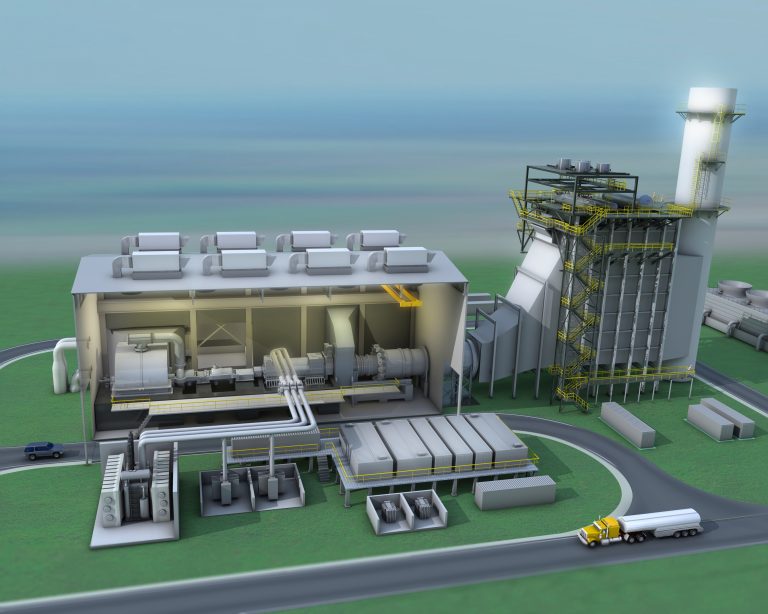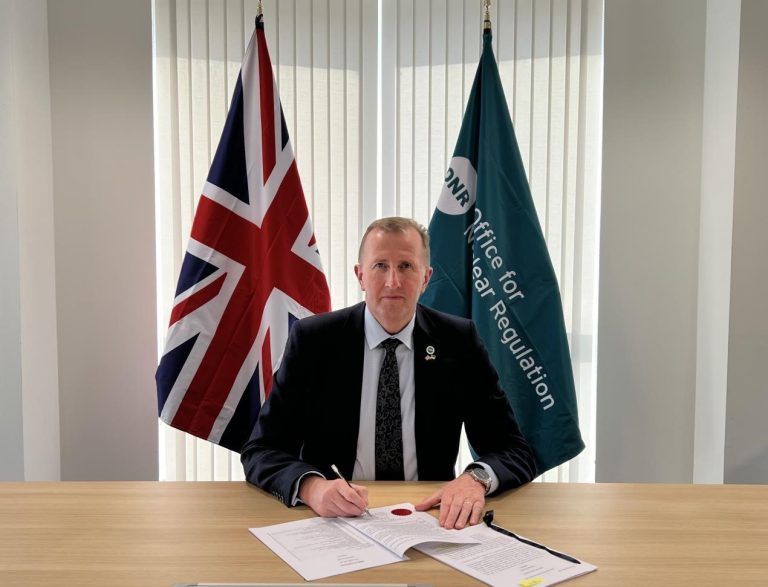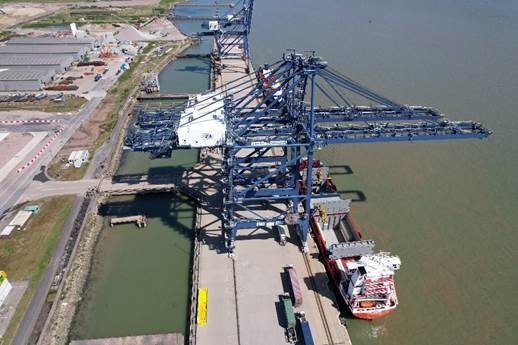SCAPE, one the UK’s leading public sector procurement specialists, has today announced the launch of two new Utilities Consultancy Frameworks and the consultants that will deliver up to £1.25bn of investment across the UK. A £750m framework has been announced for England, Wales, and Northern Ireland, alongside a dedicated £500m framework for Scotland. The two frameworks have been designed to empower utility sector organisations to shape their utilities programmes and projects, whilst supporting the delivery of low-carbon infrastructure and sustainability targets. Perfect Circle and AtkinsRéalis (with subsidiary support from Arcadis) have been appointed to deliver projects and professional services across England, Wales and Northern Ireland. Perfect Circle and Arcadis (with subsidiary support from AtkinsRéalis) have been appointed to the Scotland framework – which will be managed and operated by SCAPE Scotland. Both frameworks have been procured in compliance with the UK’s Utilities Contract Regulations and the Scottish Utilities Contracts Regulations. Running for a period of four years, with an option to extend for a further two years, the new Utilities Consultancy Frameworks are aligned to deliver solutions and services across a range of sectors, including ports and harbours, rail and metro, nuclear, aviation, water, renewables, energy (gas and electricity including maintenance), and telecommunications. Clients will have access to a suite of professional services including strategic advice, engineering services, design services, project management and quantity surveying. The direct award frameworks operate a parallel lotting structure, which gives clients a choice of industry-leading consultants, providing greater certainty for cost and project timelines, as well as enabling clients to quickly leverage commissions and assure earliest possible completion. These frameworks follow the announcement of SCAPE’s Utilities Works and Services frameworks, which launched in January with the aim of helping utility sector clients futureproof their infrastructure delivery, while responding to their wider sustainability goals. Mark Robinson, Group Chief Executive for SCAPE said: “The new utilities frameworks have been created to give our clients access to a pool of market-leading professional services, while complementing SCAPE’s suite of consultancy, civil engineering and construction frameworks. The chosen delivery partners align with SCAPE’s values of sustainability and social impact – principles that guide every project procured via our frameworks. “Leveraging strategic advice, innovative design, and efficient project management, SCAPE’s goal is to help the utility sector enhance the delivery of low-carbon infrastructure projects, from unlocking the value of existing assets to navigating the challenges of realising futureproofed, innovative schemes. Ultimately, this translates into improved services, economic growth, and a more sustainable future for communities across the UK.” John Simons, Group Procurement Director at SCAPE, added: “SCAPE’s partner selection process ensures that only the most capable and collaborative firms join the frameworks. The partners on our new frameworks, AtkinsRéalis, Arcadis and Perfect Circle, bring a wealth of experience and expertise. As with all SCAPE’s frameworks, the new utilities consultancy offer operates a direct award model, promoting transparency, agility, and best practice. By not only adhering to industry regulations but continuing to invest in research and development, SCAPE’s goal is to create a robust foundation for successful project delivery now and in the future.” James Butler, Managing Director for Project and Programme Services at AtkinsRéalis, a fully integrated professional services and project management company, said: “This new framework from SCAPE has huge potential, especially in its ability to seamlessly unlock access to AtkinsRéalis’ full range of multi-disciplinary services for those organisations in the regulated utilities market, which are ready to reap its benefits. “With our market-leading expertise in sectors such as water, transport, energy and nuclear and many others, we look forward to delivering our technical excellence through the utilities framework, working with partners such as Arcadis and further building on our relationship with SCAPE.” Victoria Brambini, Managing Director for Perfect Circle, a consortium of top-tier professional services partners, said: “Perfect Circle is delighted to be awarded the SCAPE Utilities Consultancy Services frameworks. Our unique prime contracting collaboration will allow utility providers to use these frameworks to accelerate their commissioning of unlimited professional services from industry experts and extensive supply chain in every sector. “All SCAPE frameworks deliver to gold standard, outperforming the value for money tests essential for today’s economy. The new utilities frameworks are specially shaped for the essential infrastructure across the UK, so we’re hugely proud to continue delivering on SCAPE’s commitments to unlock value and enhance communities. We have harnessed the broadest consortium of experts especially for this framework who will together help shape better national utilities infrastructure for a greener, safer, brighter future.” Mac Alghita, Mobility Global Strategy Implementation Director at Arcadis, which delivers sustainable design, engineering, and consultancy solutions for natural and built assets, said: “Arcadis is thrilled to extend our relationship with SCAPE as we introduce a major new framework that perfectly aligns with our new global strategy which focusses on accelerating a planet positive future. Our commitment lies in delivering best in class, digitally enabled and sustainable solutions to our clients and their customers. “We take immense pride in being appointed to Lot 1 of the Utilities Framework in Scotland and eagerly anticipate collaborating with partners AtkinsRéalis, Perfect Circle and other SCAPE partners across the UK. The opportunity to provide specialist services to new and existing client organisations in ports and aviation, energy and nuclear, water, communications, transport, and rail sectors is incredibly exciting.” The SCAPE Utilities Consultancy frameworks will now enter the mobilisation phase, with clients anticipated to begin using these frameworks from the end of April 2024. For more information, please visit www.scape.co.uk. Building, Design & Construction Magazine | The Choice of Industry Professionals














